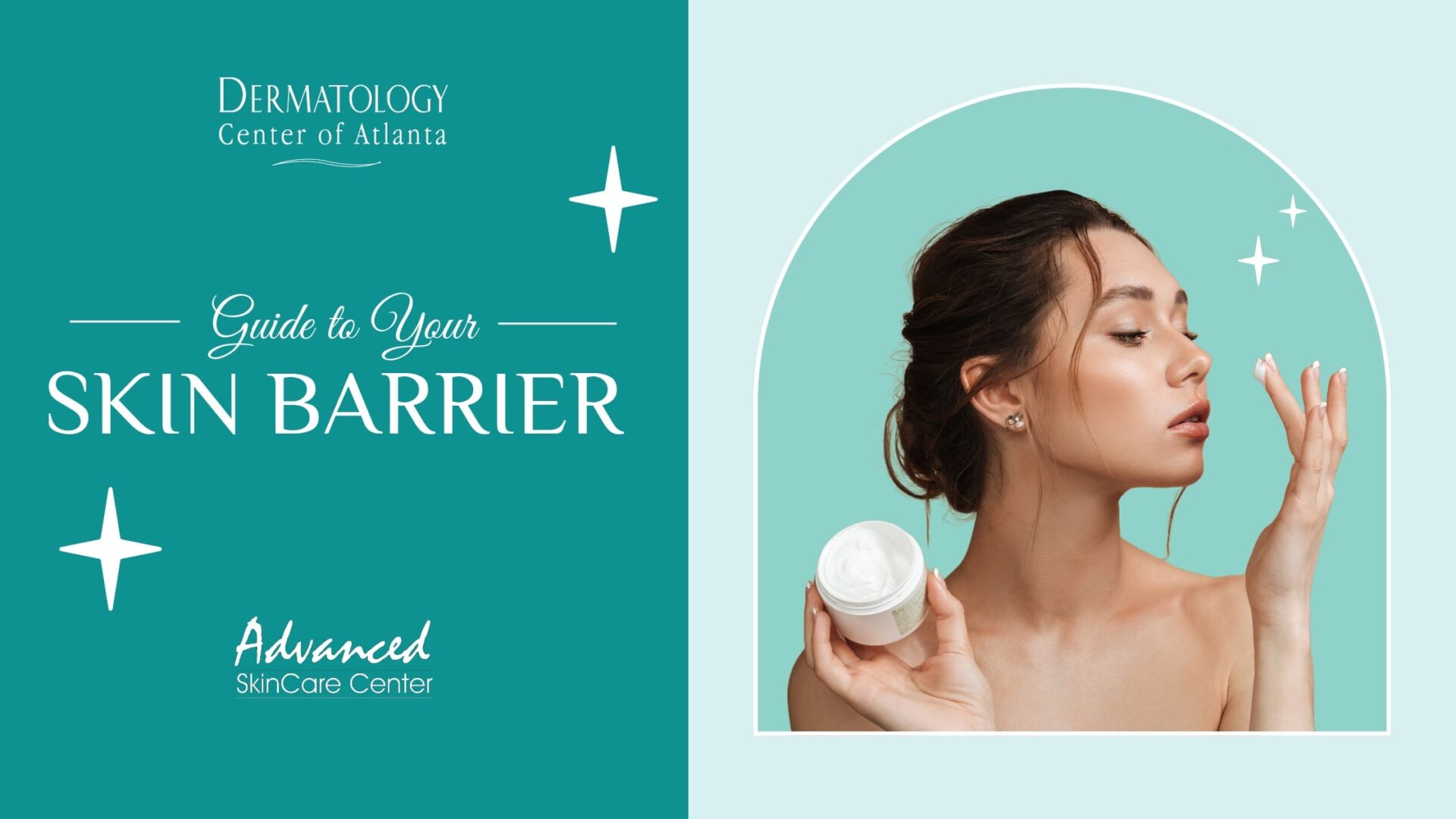What is the Skin Barrier?
The skin barrier, also known as the stratum corneum, is the outermost layer of the skin. It’s not just a simple layer; it’s a complex structure composed of cells (corneocytes) and lipids. Think of it as the body’s first line of defense, shielding us from external aggressors such as pollutants, allergens, and bacteria. It also plays a crucial role in retaining moisture and hydration, ensuring our skin remains supple, hydrated, and healthy.
Main Causes of Skin Barrier Damage
- Environmental Factors: Prolonged exposure to sun, wind, and pollution can lead to skin barrier damage. UV radiation, in particular, is a significant culprit, breaking down collagen and elastin, which are essential for a robust skin barrier.
- Harsh Skincare Products: Products with high concentrations of alcohol, fragrances, or certain acids can strip the skin of its natural oils, leading to dryness and irritation.
- Over-Exfoliation: While exfoliation is beneficial, overdoing it can remove the essential lipids and cells, weakening the skin barrier.
- Lifestyle Choices: Factors like stress, smoking, poor diet, and inadequate sleep can negatively impact the skin barrier.
- Age and Genetics: As we age, our skin naturally loses its ability to retain moisture, and genetic factors can also play a role in the strength of our skin barrier.
Signs of a Compromised Skin Barrier
- Dryness and Dehydration: A damaged skin barrier can’t effectively retain moisture, leading to dry, flaky skin.
- Redness and Inflammation: If your skin is easily irritated or frequently red, it could be a sign of barrier damage.
- Sensitivity and Itching: An increase in skin sensitivity or itchiness can indicate a compromised barrier.
- Dullness: When the skin barrier is damaged, skin often loses its radiance and appears dull.
- Acne Breakouts: A weakened barrier can lead to an imbalance in the skin’s microbiome, causing acne.
How to Treat and Protect Your Skin Barrier
- Gentle Skincare: Simplify your skin routine for a few days. If you are using a retinol, take a break. Other ingredients to watch for include actives like Alpha Hydroxy Acid (AHA), Beta Hydroxy Acid (BHA), Vitamin C, salicylic acid, and benzoyl peroxide. Use mild, fragrance-free cleansers and avoid physical exfoliation like scrubs. Wash your face with lukewarm water, not hot.
- DCA Recommends: Elta Gentle Foaming Cleanser
- DCA Recommends: Revision Gentle Foaming Cleanser
- Hydration and Moisturization: Invest in quality emollient moisturizers that contain ingredients like hyaluronic acid, ceramides, glycerin, and dimethicone. These ingredients help restore and maintain the skin barrier by keeping hydration in while keeping irritants out.
- DCA Recommends: EltaMD Barrier Renewal Complex
- DCA Recommends: Skinceuticals Triple Lipid Restore
- DCA Recommends: SkinMedica Dermal Repair Cream
- Sun Protection: Use broad-spectrum SPF daily to protect the skin from UV damage.
- DCA Recommends: Revision Intellishade Clear SPF45
- DCA Recommends: EltaMD UV Restore SPF40
- DCA Recommends: SkinMedica Total Defense and Repair SPF34
- Balanced Diet and Lifestyle: A diet rich in antioxidants and essential fatty acids can help support skin health. Also, ensure you get adequate sleep and manage stress effectively.
Conclusion
A healthy skin barrier is the foundation of a radiant, youthful complexion. By understanding the causes of skin barrier damage and implementing a targeted skincare routine, you can maintain this crucial layer’s integrity. Remember, the key is consistency and choosing the right products and practices for your unique skin. Here at Dermatology Center of Atlanta, we’re committed to guiding you through every step of your skincare journey.







